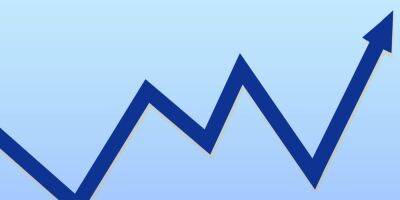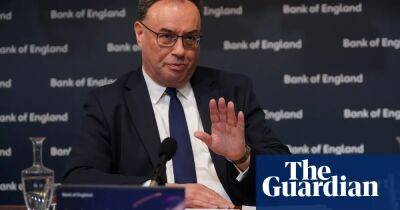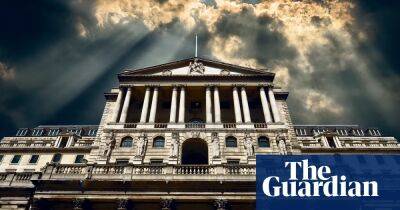Greedflation: are large firms using crises as cover to push up their profits?
Large companies have exploited the pandemic and the Ukraine war to drive their profits higher, protecting dividend payments to shareholders.
That is the accusation levelled at big businesses by unions and a growing number of academics and City economists, who believe the corporate data from 2019 onwards reveals systematic and excessive price increases that can fairly considered price-gouging or, more emotively, greedflation.
Andrew Bailey, the Bank of England governor, says he has no evidence that excessive profits are pushing up inflation beyond where it would be if companies simply passed on extra costs to consumers, though he was concerned enough to tell firms during an interview on the BBC that they needed to demonstrate restraint.
True, there is no direct evidence from whistleblowers that executives in the US, Europe or Japan discussed how they should never let a crisis go to waste by loading prices, stealthily and excessively, to enrich their shareholders at the expense of consumers.
But critics of corporate behaviour during the pandemic and Ukraine war say such evidence is unnecessary when the figures drawn from company profit and loss accounts tell their own story.
Analysis of the Top 350 companies listed on the London Stock Exchange by a team of researchers at Unite, the UK’s largest private sector trade union, showed that average profit margins increased from 5.7% in the first half of 2019 to 10.7% in the first half of 2022.
Procter & Gamble, the US-listed firm that fills entire aisles in supermarkets with its personal care brands, including Gillette, Braun and Tampax, has protected a profit margin in excess of 17% throughout the past three years. Its chief executive, Jon Moeller, was rewarded last year with a 44%
Read more on theguardian.com








